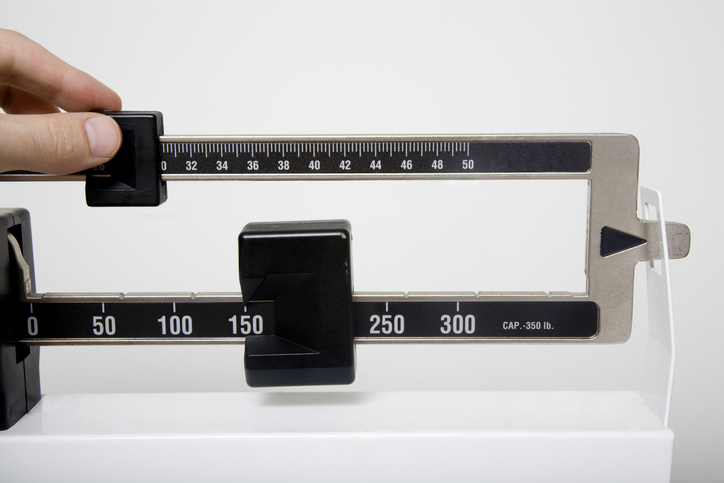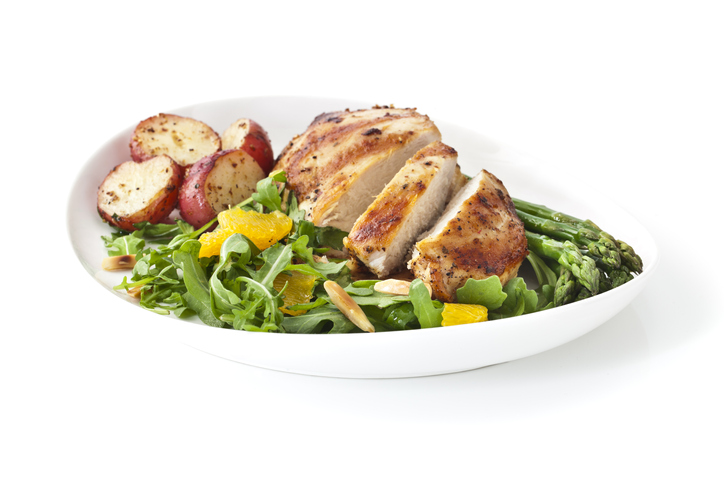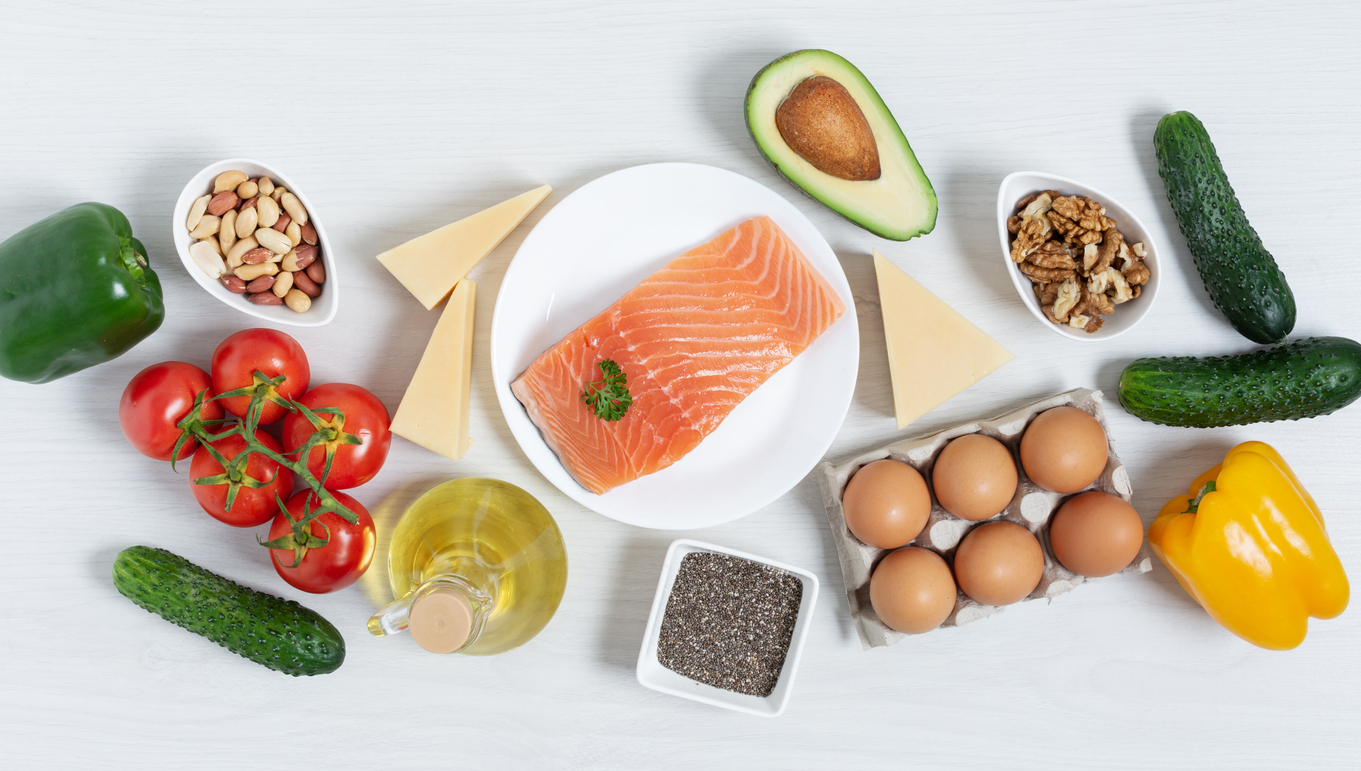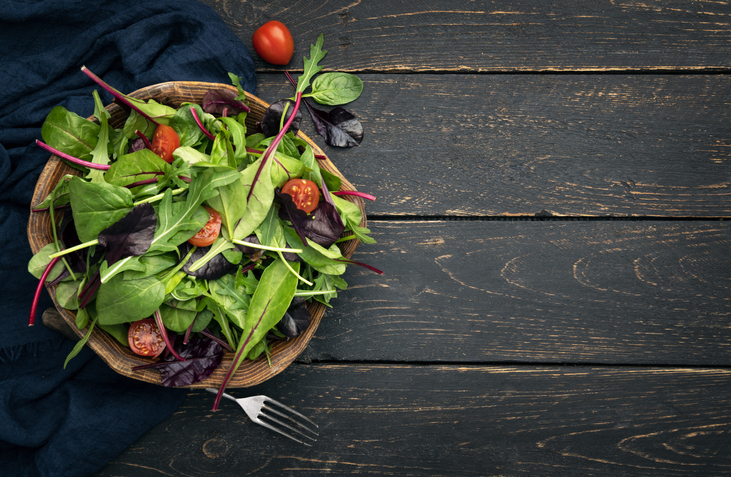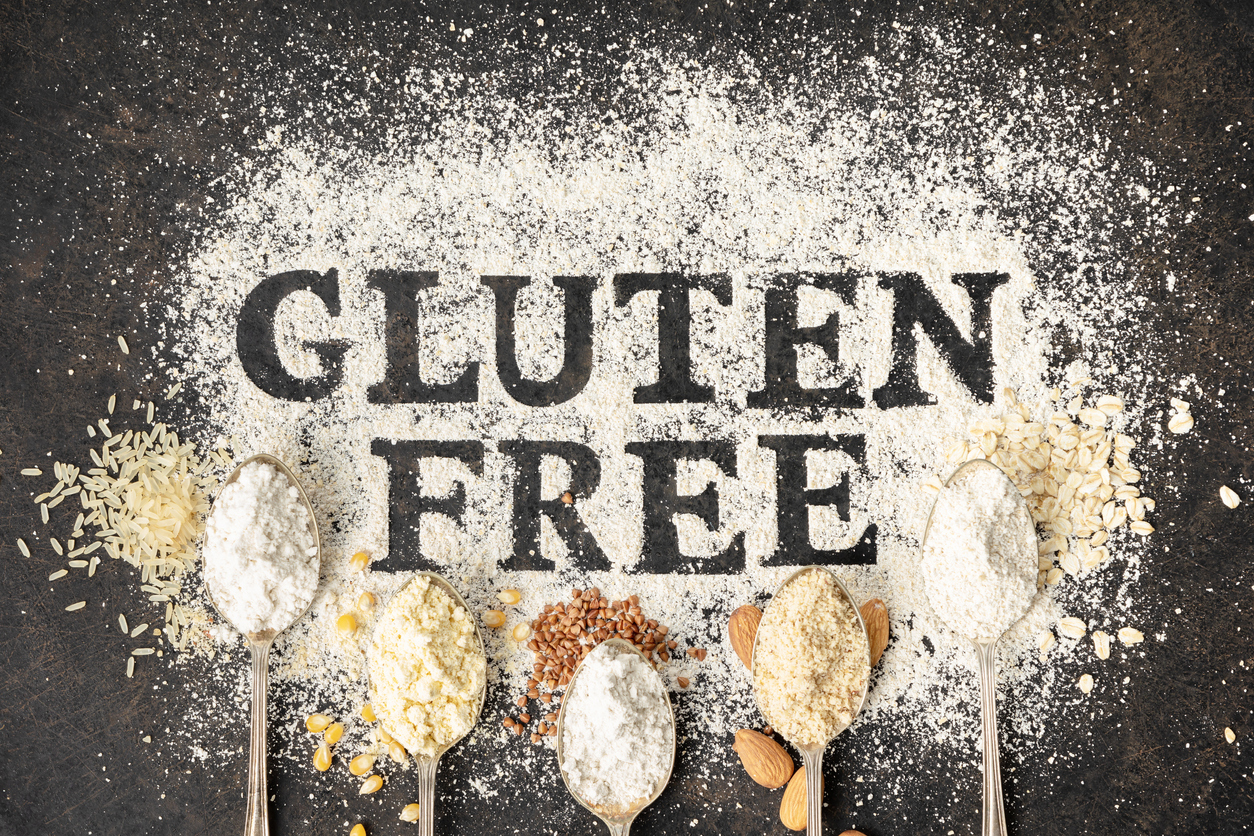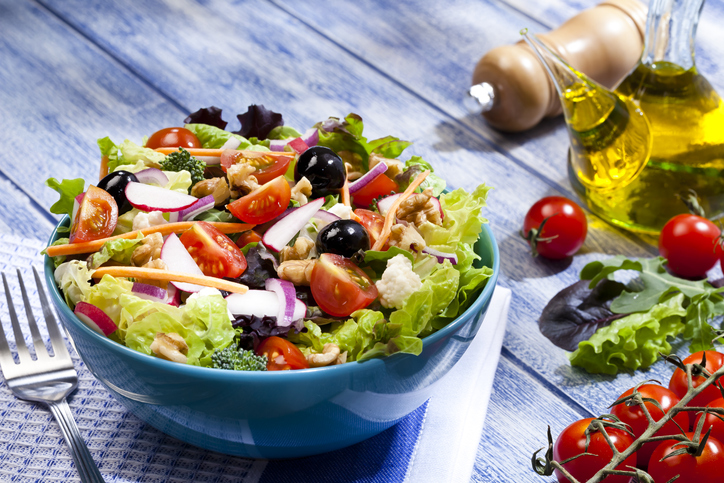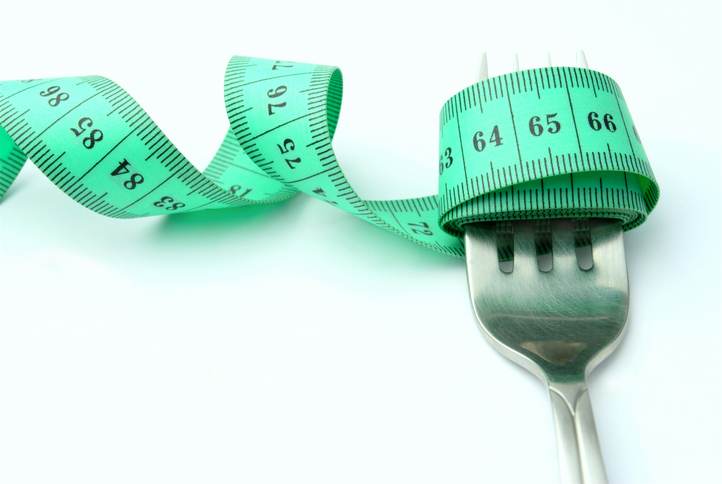Wellness
What Is the Mediterranean Diet?
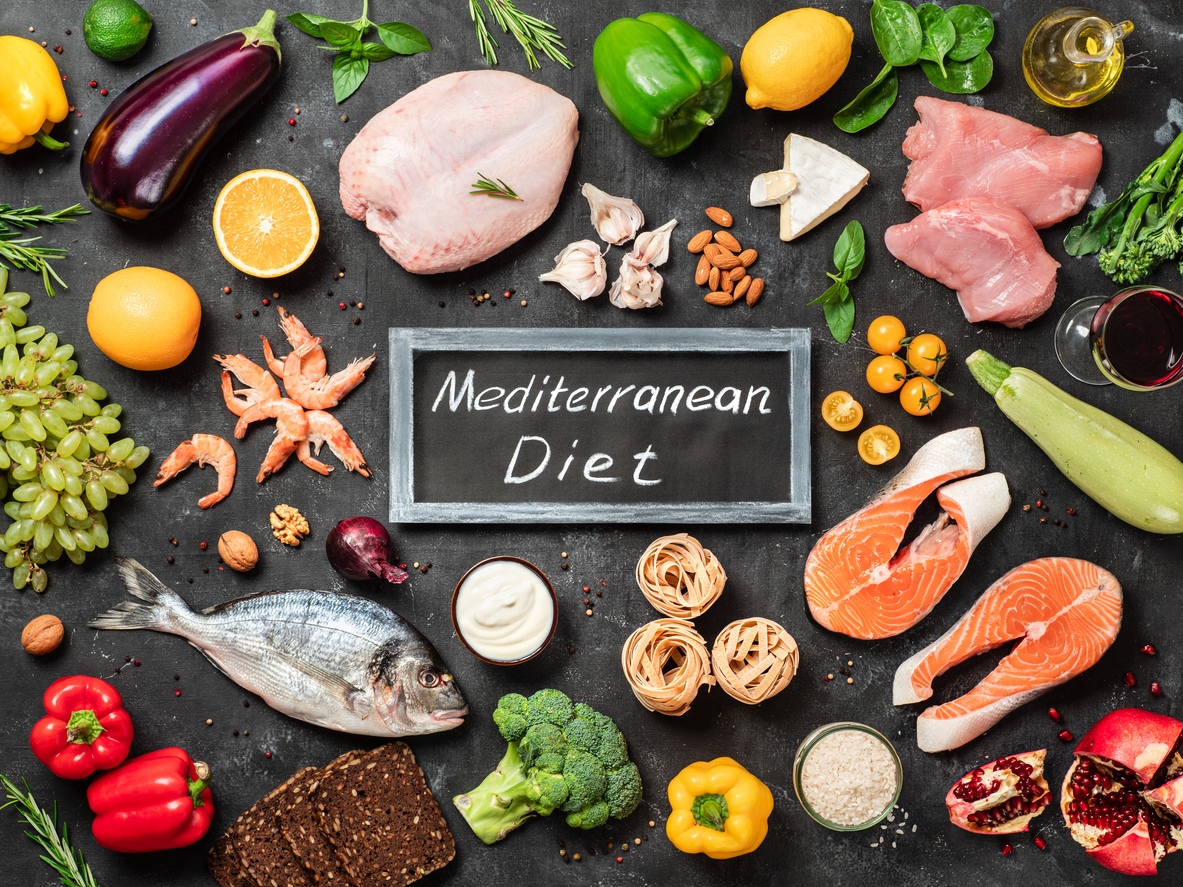
In the 1950s, researchers noted that heart disease was uncommon in areas bordering the Mediterranean Sea, including Italy, Spain, Greece and France. The Mediterranean diet is based on the traditional foods of these countries. It was theorized, and later confirmed through numerous studies, that this diet can help prevent conditions, such as heart disease, stroke, and type 2 diabetes.
Benefits
Numerous benefits are linked with the use of the Mediterranean diet. They include, but are not limited to, the following:
- Less plaque buildup, resulting in healthier arteries
- Normal blood sugar levels
- Improved brain function
- Healthier levels of cholesterol
- Reduced inflammation
- Lower risk of heart disease, stroke, and type 2 diabetes
Foods to eat
The Mediterranean diet is high in healthy plant foods and involves regular physical activity. Water should be the beverage of choice. Examples of foods to be consumed on this diet include, but are not limited to, the following:
- Almond butter and peanut butter
- Cheese, yogurt and milk
- Chicken, quail and duck eggs
- Coffee or tea with no added sugar
- Extra virgin olive oil, olives, avocados, and avocado oil
- Fish and seafood, such as salmon, sardines, trout, tuna, mackerel, shrimp, oysters, clams, crabs and mussels
- Fruits, including apples, bananas, oranges, pears, strawberries, grapes, dates, figs, melons, peaches, etc.
- Garlic, basil, mint, rosemary, sage, nutmeg, cinnamon, pepper, etc.
- Legumes, such beans, peas, lentils, pulses, peanuts, chickpeas, etc.
- Nuts, including almonds, walnuts, macadamia nuts, hazelnuts, cashews, etc.
- Poultry, such as chicken, duck and turkey
- Sunflower and pumpkin seeds
- Tomatoes, broccoli, kale, spinach, onions, cauliflower, carrots, Brussels sprouts, cucumbers, potatoes, sweet potatoes, turnips, etc.
- Whole grains, such as brown rice, rye, barley, corn, buckwheat, oats, whole wheat bread, and pasta
Foods to limit
Processed foods and foods with certain ingredients should be limited when following the Mediterranean diet. They include, but are not limited to, the following:
- Added sugar is found in many foods; however it is especially high in soda, candies, ice cream, syrup, and baked goods.
- Refined grains should be limited, which includes white bread, pasta, tortillas, chips, and crackers.
- Trans fats that are found in margarine, fried foods, and other processed foods should be very limited.
- Refined oils, such as soybean oil, canola oil, cottonseed oil, and grapeseed oil, should be replaced with extra virgin olive oil.
- Processed meat should be very limited and includes processed sausages, hot dogs, deli meats, and beef jerky.
- Foods that are highly processed include fast food, convenience meals, microwave popcorn, and granola bars.
- Red wine should be limited to no more than one glass per day.
Tips to the Mediterranean diet
Although there are no strict rules for following a Mediterranean diet, certain tips may be beneficial. They include the following:
- Eat fish two times per week at minimum.
- Serve fresh fruit as a healthy dessert.
- Build meals around vegetables, beans, and whole grains.
- Substitute olive oil for butter when preparing food.



